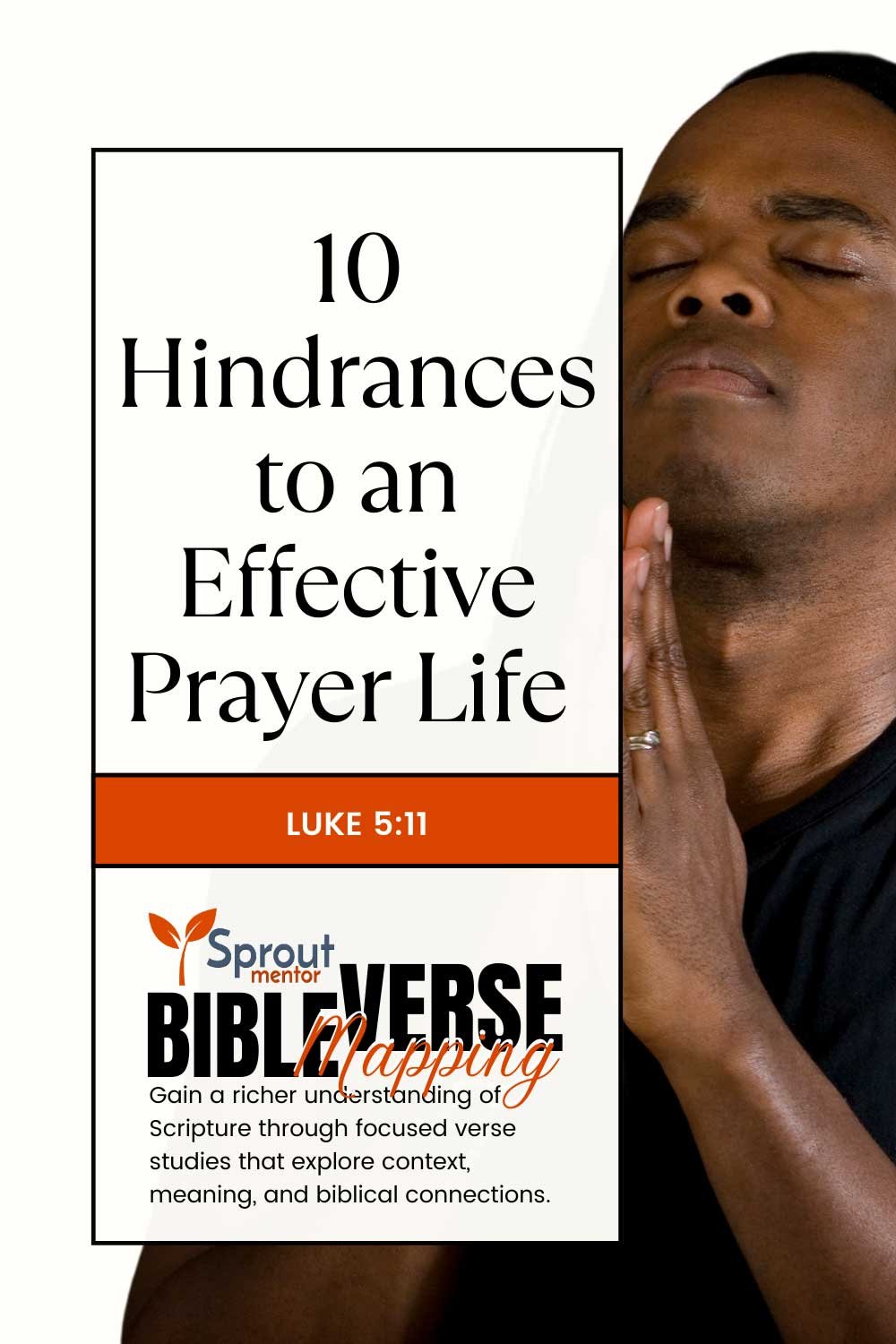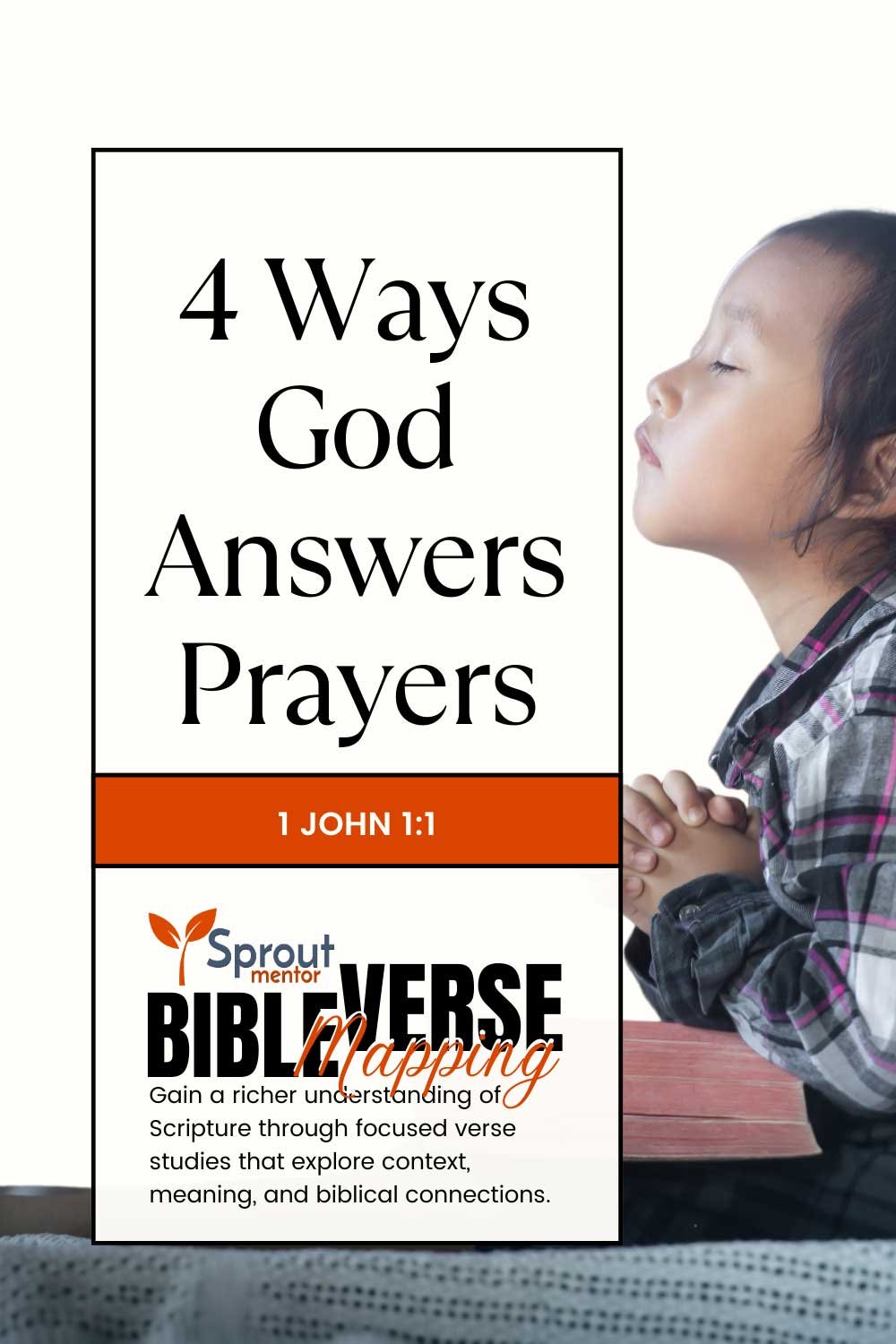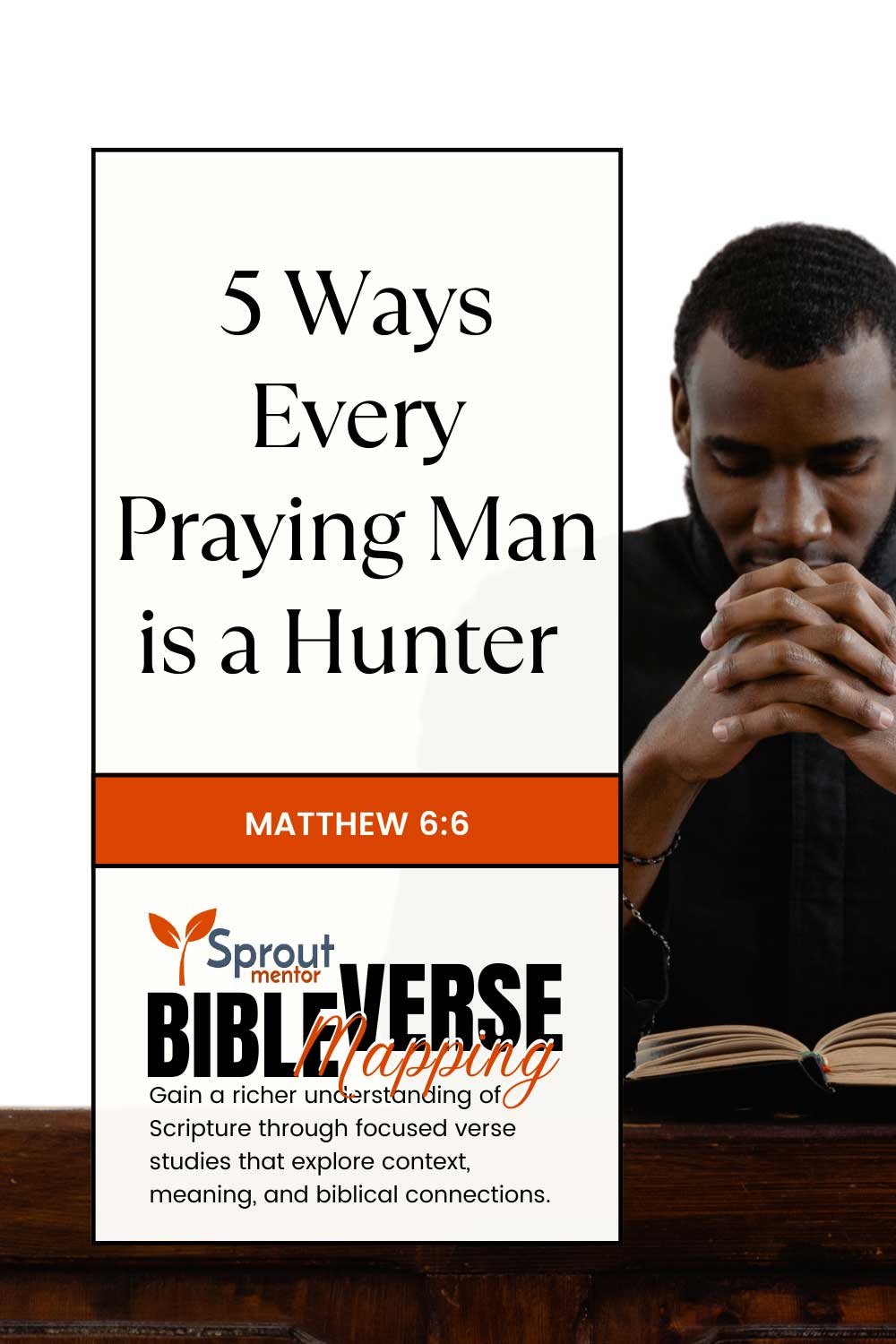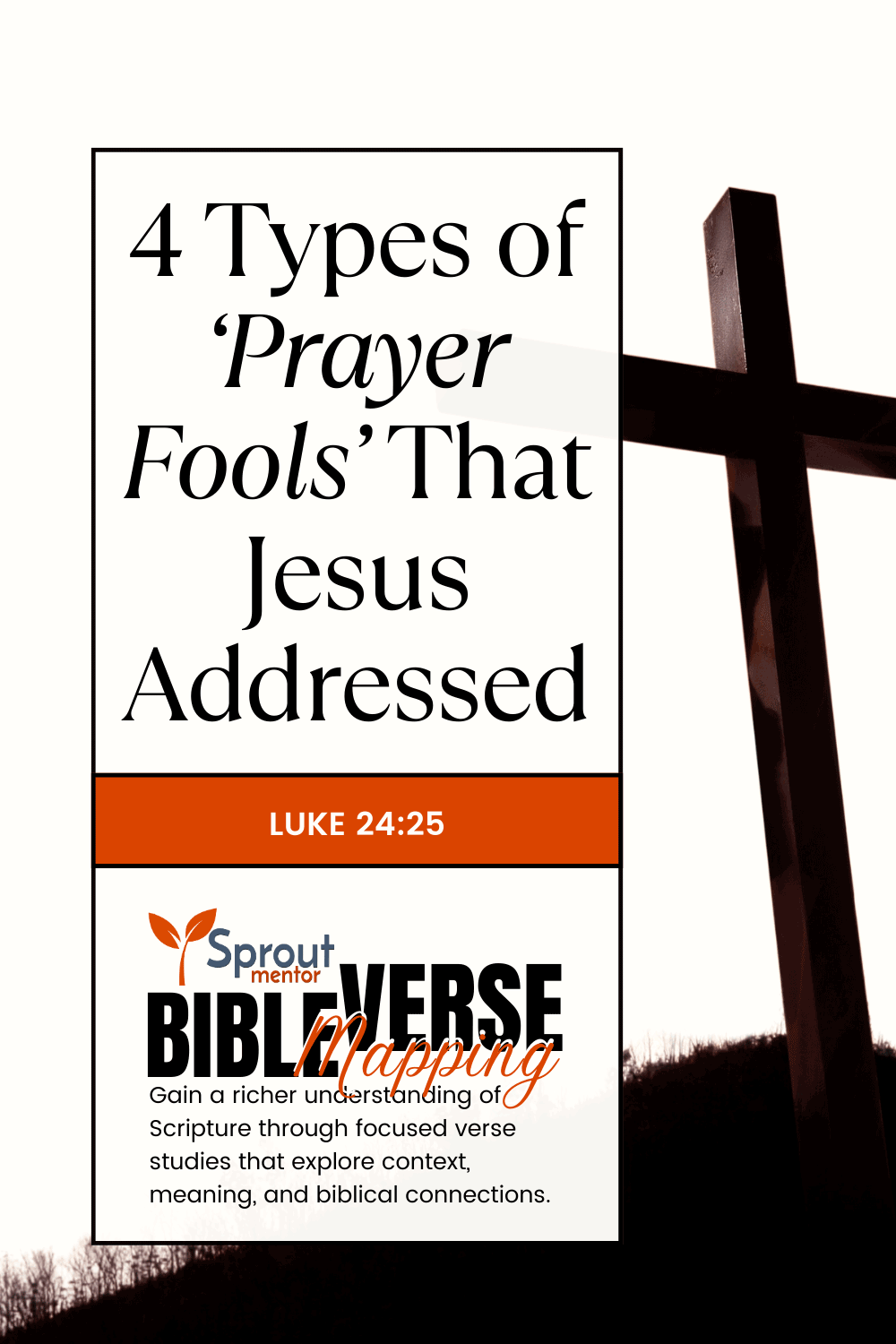10 Hindrances to an Effective Prayer Life (Luke 5:11)

Share This Blog Post On:
Short on time, but big on faith? We break down complex topics into easy-to-understand chunks, making the Bible accessible to everyone. Join us for answers to your Bible questions and encouragement for your daily walk with God. Click here to grow your faith, one byte at a time!
“And when they had brought their ships to land, they forsook all, and followed him.” (Luke 5:11, KJV)
This verse offers a profound insight into the transformative journey of Peter and his companions as they chose to forsake everything and follow Jesus. This act of total surrender significantly impacted their spiritual lives, especially their prayer lives. For example, Peter’s transformative prayer life can be seen in his involvement in pivotal moments of prayer—such as the Garden of Gethsemane, the Mount of Transfiguration, and the Upper Room. This post highlights the importance of forsaking these ten hindrances to cultivate an effective prayer life, drawing lessons from Peter’s calling in Luke 5:1-11.
Hindrance One: The Crowd
When Jesus told Peter to thrust his boat a little from the land (Luke 5:3), it symbolized a call to separate from the crowd. The crowd often represents distractions, societal pressures, and the noise of everyday life that can hinder our prayer life. Just as Isaiah realized his unclean lips mirrored the sinfulness of his people (Isaiah 6:5), we too must recognize and separate from the corruption around us. Effective prayer requires a consecration that allows God to use us as agents of change, untainted by the sinfulness of our environment.
Hindrance Two: Human Wisdom and Ways
Peter, an experienced fisherman, knew the best time to fish was at night. Yet, Jesus asked him to cast his net during the day, a time considered unfavorable (Luke 5:4). This challenge to human wisdom reminds us of Proverbs 3:5-6, which teaches us to trust in the Lord and lean not on our understanding. Peter’s obedience, despite the seeming foolishness of the command, resulted in an abundant catch. Similarly, effective prayer requires us to abandon reliance on our wisdom and embrace God’s superior knowledge and timing.
Hindrance Three: Excuses
Peter could have listed many excuses to avoid obeying Jesus’ command to cast his net again. He had toiled all night without success and was undoubtedly tired (Luke 5:5). Yet, he chose to obey. Often, excuses like fatigue, busyness, or self-doubt hinder our prayer lives. 1 Corinthians 9:27 reminds us of the discipline needed to bring our bodies into subjection. Effective prayer requires setting aside excuses and committing to communion with God, trusting that His instructions bring fruitful outcomes.
Hindrance Four: Doubt
Despite his expertise and the unfavorable circumstances, Peter declared, “At Your word I will let down the net.” His faith in Jesus, despite the apparent impracticality, was rewarded with a great catch (Luke 5:6). James 1:6 warns that doubt can destabilize our prayers. To experience the fullness of God’s promises, we must approach prayer with unwavering faith, believing that God is able to do exceedingly abundantly above all we ask or think (Ephesians 3:20).
Hindrance Five: Personal Leading
Peter’s willingness to be directed by Jesus exemplifies the surrender required for an effective prayer life. Romans 8:14 emphasizes that the sons of God are led by the Spirit of God. When we allow Jesus to direct our paths, our efforts yield divine results. This principle applies to our prayer life; being Spirit-led ensures we pray according to God’s will, leading to answered prayers and spiritual breakthroughs.
Hindrance Six: Selfishness
Peter’s decision to call for his partners to help with the miraculous catch demonstrates the importance of collaboration in the work of God (Luke 5:7). Selfishness, or the unwillingness to share responsibilities and blessings, can hinder our prayers. James 4:3 highlights that selfish motives in prayer lead to unanswered prayers. Effective prayer life thrives on selflessness, focusing on the glory of God and the well-being of others.
Hindrance Seven: Pride
Peter’s reaction to the miraculous catch was one of humility. He fell at Jesus’ knees, acknowledging his sinfulness (Luke 5:8). Pride is a significant hindrance to prayer, as God resists the proud but gives grace to the humble (James 4:6). Recognizing our need for God’s grace and guidance positions us to receive His favor and blessings. An effective prayer life is marked by humility and a heart fully surrendered to God.
Hindrance Eight: Ignorance
There are evidences that show that Peter was not ignorant about the identity and power of Jesus. Ignorance of God’s nature and promises can limit our prayer life. Hosea 4:6 states that people perish for lack of knowledge. To pray effectively, we must grow in our understanding of God’s word, His will, and our identity in Christ. This knowledge empowers us to pray with confidence and alignment with God’s purposes.
Hindrance Nine: Fear
Jesus’ command to Peter to not be afraid addresses a common hindrance to prayer: fear (Luke 5:10). Fear can manifest as anxiety, worry, or a lack of confidence in approaching God. 2 Timothy 1:7 reminds us that God has not given us a spirit of fear but of power, love, and a sound mind. Effective prayer life requires us to cast aside fear and approach God with boldness, knowing that He desires an intimate relationship with us.
Hindrance Ten: Passivity
Jesus’ call to Peter to become a fisher of men underscores the active nature of discipleship and prayer. Passivity can hinder our prayer life by leading to complacency and spiritual stagnation. James 2:17 teaches that faith without works is dead. An effective prayer life involves active engagement, seeking God’s direction, and participating in His mission to reach others. Prayer is not just about asking but also about aligning ourselves with God’s will and actively pursuing His purposes.
In conclusion, prayer is a spiritual gate that requires diligent watchfulness and fortification. Neglecting this gate allows unauthorized influences and vulnerabilities to enter our spiritual lives. By identifying and removing these ten hindrances, we guard our prayer life against spiritual strongholds and ensure a vibrant, effective communion with God. Just as Peter forsook all to follow Jesus and experienced a powerful prayer life, we too must be willing to let go of hindrances and fully embrace God’s calling, allowing Him to work through us in mighty ways.

Continue Reading More On:
|







